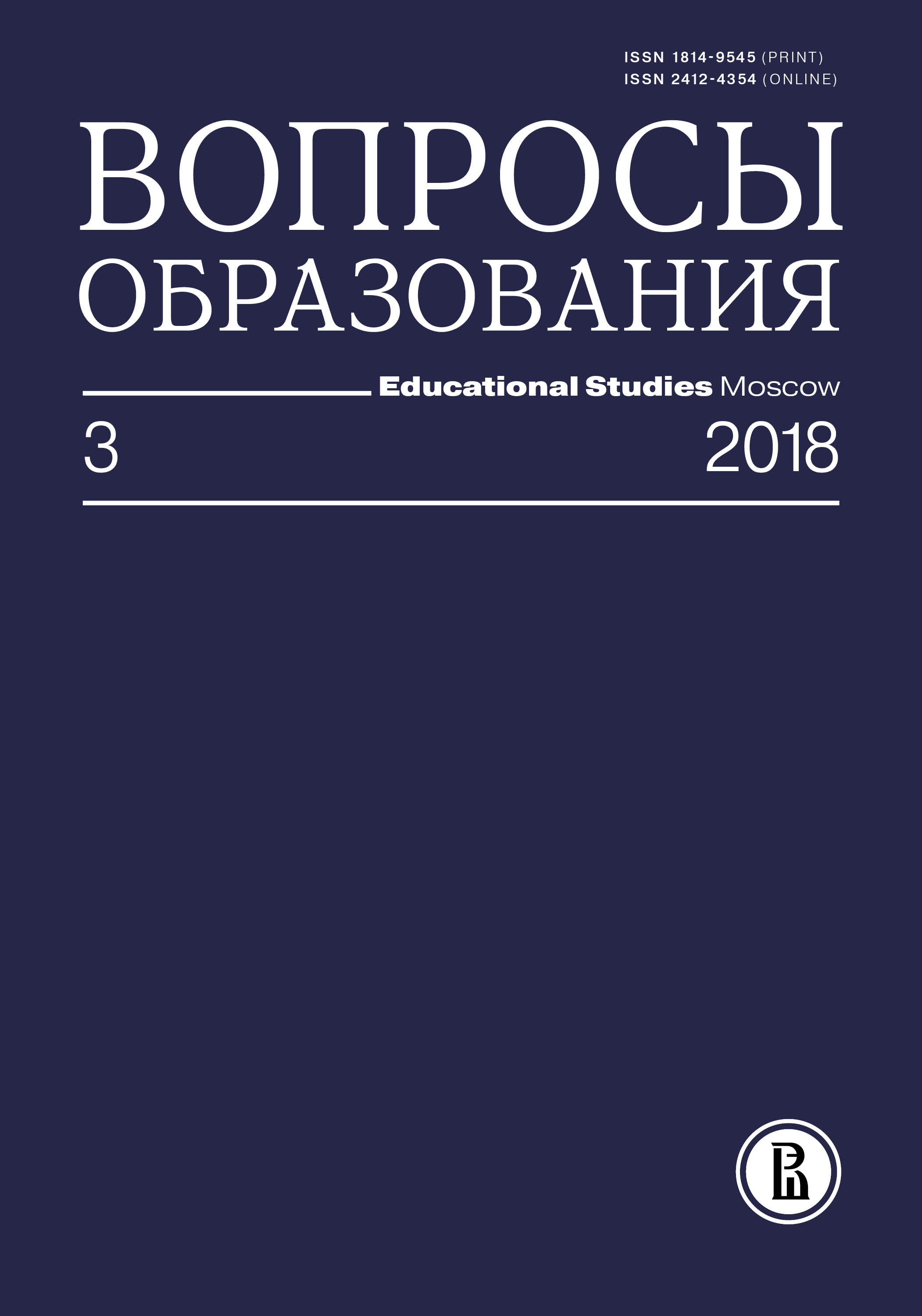Трилингвизм, билингвизм и образовательные достижения. На примере чувашского и татарского языков в сельском регионе России
Аннотация
Для исследования связи между трилингвизмом, билингвизмом и образовательными достижениями учащихся школ проведен опрос 913 школьников в сельских районах Чувашии: 67% из них составили чуваши, 28% — татары. В результате анализа полученных данных с помощью упорядоченных логистических регрессий не обнаружено убедительных доказательств наличия положительной связи между трилингвизмом или билингвизмом и образовательными достижениями. В рамках исследования учитывались такие факторы, как социально-экономический статус и культурный капитал семьи (на основе данных о количестве книг в доме), наличие у учащегося проблем со здоровьем, тип поселения, в котором проживает и в котором учится школьник, школьный класс, а также число братьев и сестер у ученика и его половая принадлежность. Установлено, что такие факторы, как свободное владение чувашским и татарским языком, владение родным языком, язык, используемый для общения дома, и язык обучения в начальной школе не оказывают негативного влияния на образовательные достижения. С одной стороны, такие результаты противоречат данным более ранних исследований, в которых была обнаружена положительная связь билингвизма и трилингвизма с академической успешностью. Вероятно, различия в результатах объясняются тем, что данное исследование проведено в сельской среде, а предшествующие — на городских выборках. С другой стороны, полученные результаты подтверждают данные более ранних исследований, проведенных в Приволжском федеральном округе Российской Федерации и свидетельствующих о том, что опасения органов власти относительно снижения образовательных достижений школьников, говорящих на языках этнических меньшинств, являются беспочвенными. На основании полученных данных можно сделать вывод, что органам, формирующим образовательную политику, следует уделить больше внимания обеспечению в рамках образовательной системы равных возможностей для учащихся — выходцев из семей с разным социально-экономическим статусом.








